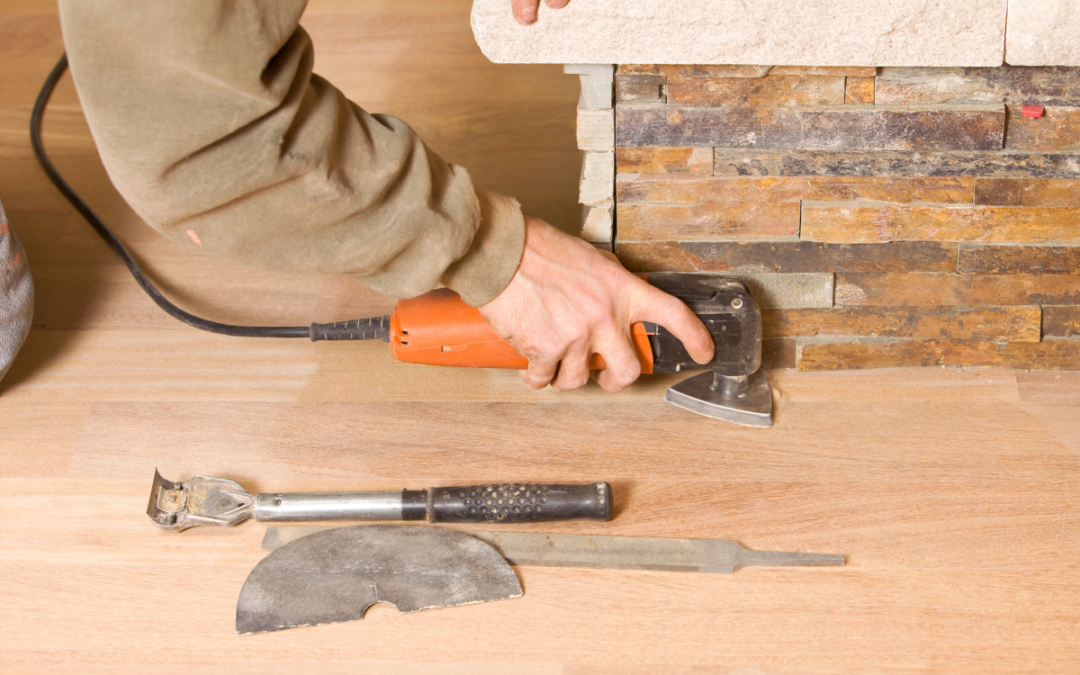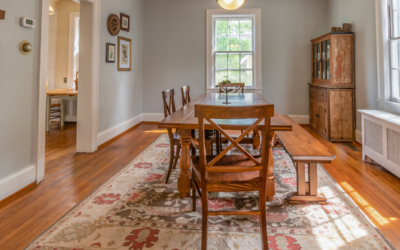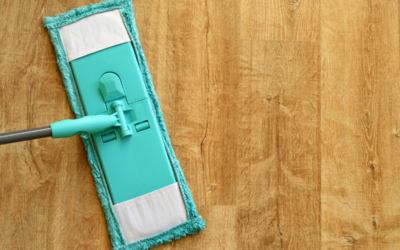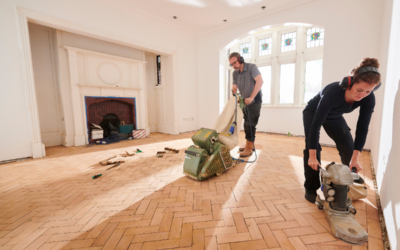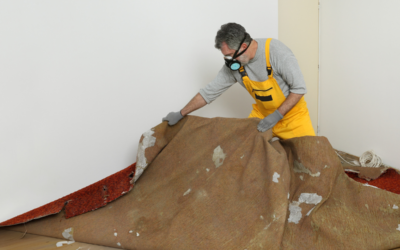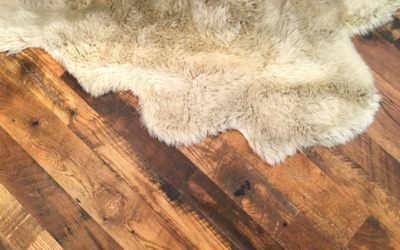Know When to Refinish, When to Repair, and When It’s Time For New Flooring Altogether
Hardwood floors are beautiful and durable, but like anything in your, they can show signs of wear and tear. Seeing your floors change over time can leave you wondering whether you should refinish your hardwood floors, repair them, or replace them altogether.
Keep reading to learn the factors to consider to guide your decision.
The Signs of Wear and Tear On Hardwood Floors
Hardwood floors are some of the most durable you can have in your home, but they bear the brunt of your family’s daily activities. This leads to wear and tear that you should address in a timely manner.
- Superficial marks like scratches are common signs of wear and tear on floors. These simply mar the surface and leave a slight visual imperfection behind.
- Deeper grooves, however, can compromise your floor’s integrity.
- If your floor is discolored, it could be due to fading from long-term exposure to sunlight or water damage or spills that penetrated the finish.
- Warping – the bending or twisting of wood planks – signals significant moisture issues. Address the source of the moisture before your hardwood floor refinishing project to prevent future problems.
- A dull appearance means your wood floor’s finish has worn away. It requires a new protective layer to bring back its luster and shine.
Understanding the kinds of wear and tear you may see in your hardwood floors will help you make the decision whether to refinish, repair, or replace it.
When to Refinish Your Hardwood Floors
Refinishing – the process of sanding, staining, and sealing wood floors – can revive your floor’s appearance without more invasive procedures. Refinishing hardwood floors is ideal when your floors have minor wear and tear, like scratches, surface marks, fading, or a dull finish. Unlike deep scratches or structural damage, these superficial blemishes don’t compromise the integrity of the wood, so refinishing is a viable option.
Keep in mind that even if your hardwood flooring seemingly only has surface wear, you’ll need to consult a professional to determine whether your floors have enough of the hardwood layer left to do so. Some hardwood flooring products are limited to one or two refinishes in their lifetime.
When to Repair Your Wood Floor
Although refinishing can address lots of issues, it’s not a catch-all for your hardwood floor’s problems. Sections of deep scratches, chips, warping, and certain kinds of staining may require planks to be replaced. In these cases, the more profound damage can’t be fixed with a sander.
These types of damages may risk your floor’s integrity. For example, floors that have been wet may grow mold beneath the surface, and warped boards will never be perfectly smooth again.
Addressing these issues through repairs prevents problems from escalating, creating more significant work later. Repairs can involve patching damaged areas, replacing individual boards, or securing loose ones.
Repair can be quickly followed up with wood floor refinishing, to refresh the look of the entire floor and ensure every plank matches.
When It’s Unfortunately Time For All-New Flooring
There are circumstances where the extent of damage on hardwood floors is beyond what wood floor refinishing or repairing can remedy. In cases where floors have widespread gouges, significant sections of warping, and pervasive water damage, replacement becomes necessary.
Think of replacement as a fresh start for your floors, eliminating all existing issues and enhancing your home’s value and appeal. It allows you to choose a hardwood material or wood species that better suits your tastes and lifestyle needs.
Although floor replacement is a greater upfront cost than repair or wood floor refinishing, it is a long-term solution that you won’t have to think about again, likely for the time you own your home.
Choosing the Right Option For Your Kansas City Home
There’s a significant decision to be made between repairing, replacing, or refinishing hardwood floors. Understanding the nuances and short- and long-term benefits associated with each option can help guide your decision.
Refinishing is often the most budget-friendly choice, but when it is impossible, repair or replacement become necessary. You’ll want to weigh your decision carefully, thinking about the scope of work, the ability to choose new materials, and your long-term plans for the home.
You should also base your hardwood floor refinishing decision on a professional evaluation of your wood flooring. Hardwood flooring experts can look at your existing wood floors and create a plan to revitalize them or advise you to replace them, if damage is significant.
Hire a Local Hardwood Floor Refinishing Company For the Job
When you request a free consultation from JRK Flooring, we’ll send an expert to take a look at your flooring, identify areas of concern, and develop a plan for bringing them back to their former glory.
We’ll guide you through the decision-making process and complete your project to our high standards, so you get a gleaming, durable hardwood floor, no matter if you choose to refinish your wood floors, repair them, or fully replace them.
Contact us to schedule your consultation.



